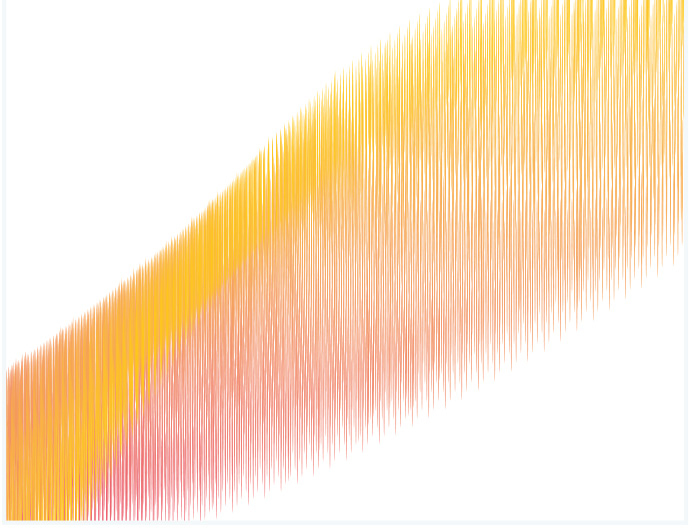Corporate hybrid debt has enjoyed a great run since March on the back of a testing year for the sector. Chris Panteli takes a closer look.

“Investment grade [hybrids] have typically offered among the highest income rates in high-grade fixed income markets, with yields that have recently been competitive with high yield bonds.”
William Scapell, Cohen & Steers
In the low-growth, near-zero interest rate environment of today, investors seemingly face the worst of both worlds: low fixed income yields and equity markets trading at or near historical highs.
This summer’s decision by the Bank of England to buy corporate bonds, following the path of the European Central Bank’s (ECB) corporate sector purchase programme (CSPP), perpetuates today’s low-growth, near-zero interest rate environment. Investors now face being crowded out of “eligible assets”, but an increasingly popular alternative destination is the corporate hybrid market.
After a post- financial crisis slump, the European hybrids market has expanded enormously in the last three years, providing investors with a wider range of offerings. Before the crisis, European hybrid issuance peaked at €6.3bn (£5.6bn) in 2005, before plummeting to almost nothing in 2009. Since 2013, however, European companies have issued more than €30bn in hybrids each year and the value of corporate hybrids outstanding now outweighs that of more established convertible bonds.
As the name suggests, hybrid bonds – or preferred securities as they are known in the US – combine two distinct species of corporate funding into a structure that, while containing recognisable elements of debt and equity, is a unique composite. Cohen & Steers director of fixed income, William Scapell explains: “Preferred securities are fixed-income investments, but with certain equity characteristics such as deeper subordination in the capital structure.
“Investment-grade preferred securities have typically offered among the highest income rates in high-grade fixed income markets, with yields that have recently been competitive with high yield bonds. Since many preferred securities pay dividends, net income rates may be higher than those available in other taxable and even tax-exempt markets. Preferred securities can also help mitigate interest rate risk, given the diversity of their rate structures.”



